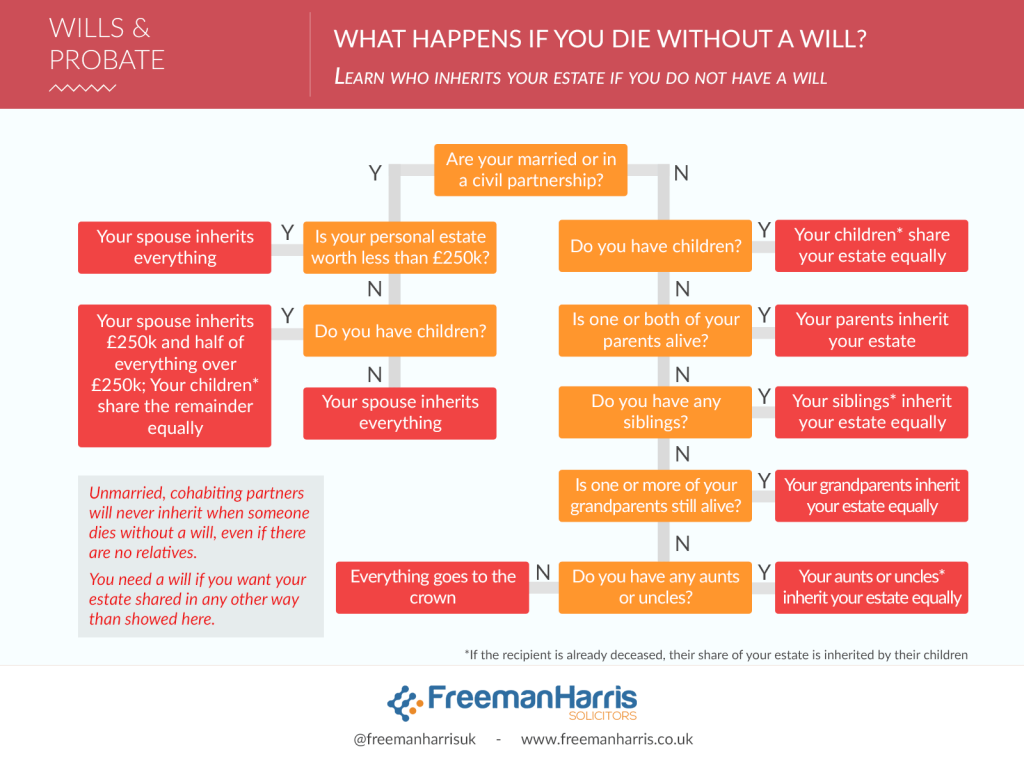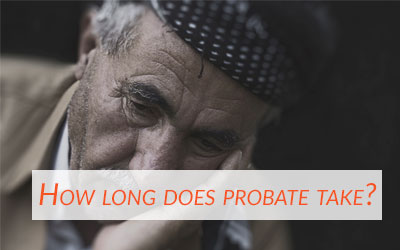Do your children think money grows on trees? Probably yes. And does it make a difference how old they are? Probably no. If you’re a parent, then you’ll know exactly what we mean. Our children start their journey in their infancy kicking off in the supermarket for the latest branded confectionary or toy. As they grow into teenagers, their appetite grows to the latest electronic device or designer clothes that they apparently cannot be seen without. Moving on into young adulthood, then it’s college/University fees and further beyond, it’s settling down with someone and possibly buying a house. It’s this last leg of financial support that causes an incredible amount of family feuds.
Despite parents wanting their children to be independent and self-sufficient rather than rely on the bank of mum and dad, it is almost impossible for young people to climb onto the property ladder in todays’ climate. Parents still feel they need to help their children but often worry whether their hard earned money will be used for the purpose it was given for i.e. their child’s benefit. The issue isn’t just about buying a house but any financial help offered by parents or relatives. There are so many implications for tax and otherwise of assisting children. So what are the common problems and how can parents prepare for and counteract these.
Gift or Loan ?
The first thing to establish is whether the money given by parents is by way of a gift or loan. More often than not, there is a silent agreement between parents and children that the money is on the face of it a gift, but when relations sour, will convert it-self into a loan which parents then want returning. Parents need to prepare for the fact that this is not going to happen. In the absence of any agreement, written or verbal, as to the precise nature of the advance, you are looking at a family dispute with your children which could end up in contentious litigation.
If the advance is by way of gift, then consider executing a Deed of Gift. This is a legal document which confirms that the advance was by way of a gift and therefore is not liable to be repaid. For inheritance tax purposes, the gift will be taken out of the parent’s estate thereby reducing it and added to the child’s estate thereby inflating it. The gift will be treated as a PET so the parents will have to survive 7 years to ensure there is no tax to pay. Parents gifting in this way should understand that the advance cannot be clawed back for any reason so be sure before gifting it.
If the advance is by way of a loan, then parents should consider how they want the arrangement to be documented. Verbal agreements are still valid but hard to prove so best advice is to consider drawing up a contract to set out the terms.
Protecting the advance from new members of the family
It is generally accepted by all parents that any money gifted or loaned is for the benefit of their own child and usually not for the spouse or partner of the child. Time and over again we see cases where parents have contributed towards the purchase of the child’s first home with the new spouse or partner only for when the relationship breaks down, to face the reality of the spouse or partner claiming a share of the full equity. So how can parents ensure that money for their children is actually for their children, if that is the intention? Parents should consider 1 of the 3 options below:
- applying to register a Notice or Restriction at the Land Registry of their financial interest
- becoming a co-owner of the intended property – although if parents own their own home then there could be Capital Gains Tax to pay on any profit made on the new property and Inheritance tax implications as their estate will be inflated. Additionally, parents will be liable for the mortgage payments on the new property which is likely to affect their finances but possibly not the child’s.
- entering into a Deed of Trust setting out each party’s respective shares followed by a Will
And how can parents give money to their children without any tax consequences?
- Every individual has an annual inheritance tax gift allowance of £3000 (2018/2019) which parents can use to give to their children. Last year’s allowance can be rolled into this year so a parent can gift a total of £6000 pa between their children and since this is individual to each person, both parents can gift up to a combined value of £12,000
- Every tax year, parents can give a wedding gift to a child of £5000 or £2,500 to the child from their grandparents.
- Parents can give a small gift exemption of £250 per person as many times in the same tax year provided it is not combined with any other exemption
So parents, before you part with your savings, consider all your options.
If you need to discuss this or any other family matter, contact our family team at sbutt@freemanharis.co.uk



